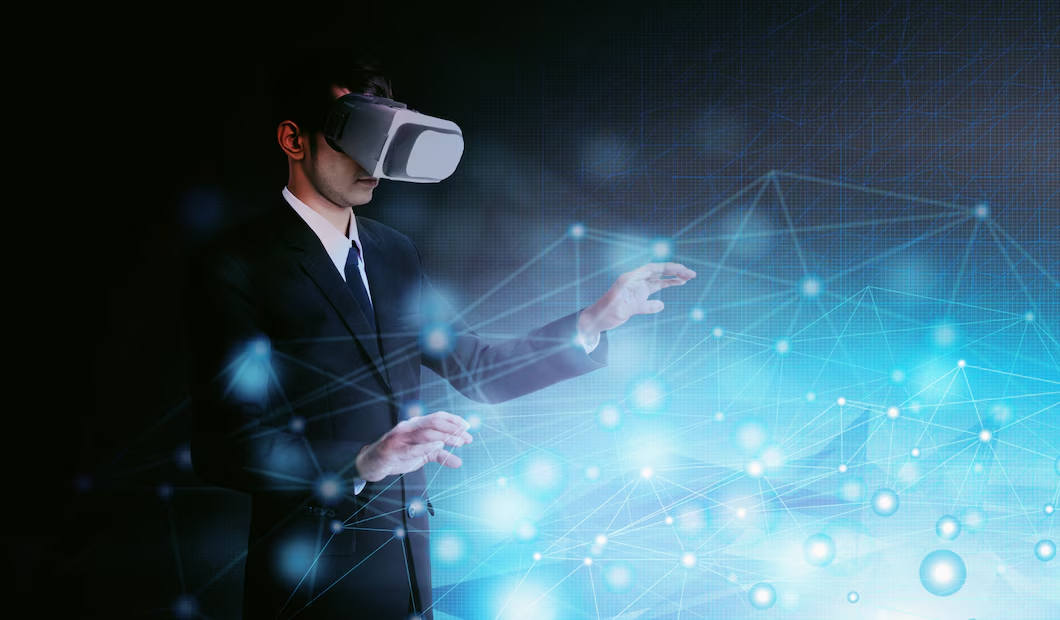
The Silent Revolution: How Technology is Shaping Our Perception of Time
In a world where every second counts, technology has taken on the role of not just shaping our actions but also altering how we perceive the passage of time itself. We often think of tech in terms of gadgets and applications that make life faster, easier, or more convenient—but what if its most profound impact is far subtler? What if technology is quietly changing our relationship with time, making it more elastic, subjective, and, in some cases, even irrelevant?
The Perception of Time
Let’s start with the paradox. We live in an age where everything is faster than ever before. High-speed internet, instant messaging, and real-time collaboration tools have created an expectation of immediacy. The famous phrase "I want it now" has never been more accurate, as we expect everything to happen at the speed of thought. Yet, in the same breath, we also experience time in new, increasingly detached ways.
Take social media platforms, for example. A story posted today is buried under an avalanche of content by tomorrow. Our concept of "timely" is no longer anchored in hours or days, but rather in the fleeting, ephemeral moments we consume every second. It’s no longer about "waiting" for something—because waiting is a luxury. It’s about being in the moment, but the moment seems to last for only as long as the battery on our phone.
AI and the Acceleration of Time
Artificial Intelligence (AI) adds another layer to this digital paradox. AI’s ability to learn and adapt means it can predict and provide solutions before we even realize we need them. A simple example is predictive text on your phone—what once took a few seconds to type now takes mere milliseconds as the AI anticipates our thoughts. But what does this mean for our perception of time?
AI doesn’t just make things faster. It changes our experience of time by eliminating the spaces in between tasks. We’re constantly moving from one action to another, seamlessly, with little pause. The idea of downtime, where we reflect and regroup, becomes increasingly foreign. As technology moves ahead, are we losing the opportunity to just "be" in the moment?
The Flexibility of Time in the Cloud
In contrast, the cloud offers a different way of seeing time. In traditional computing, everything had to happen at a specific time and place. If you missed a file, you had to be at the computer where it was stored. But with cloud technology, time becomes more flexible. Files can be accessed from anywhere, at any time, transcending the limits of geography and synchronization.
This has profound implications. The concept of "now" becomes more fluid. Whether you’re working on a project in Tokyo, while your colleagues are in New York, and another team is in Paris, time zones blur. The notion of "urgent" is no longer governed by when things were sent, but when we’re able to engage with them. It’s not just about managing time—it’s about adapting to it.
The Future of Tech, Time, and Human Experience
As we look ahead, the future promises even more interesting changes to how we experience time. Virtual and augmented reality (VR/AR) are already challenging our perception of the real world, offering experiences that feel timeless—where minutes can stretch into hours without us realizing. Blockchain technology promises to decentralize time-based records, creating an immutable digital ledger that doesn’t exist in "real time" but in a fluid, ever-present format.
So, what does this all mean for us? As technology continues to push boundaries, we may find that our relationship with time will evolve, shifting away from linear and measurable units into something more dynamic and personal. Perhaps we’ll stop looking at time as a resource to be spent or wasted, but as a canvas for living in more conscious, fluid ways.
Ultimately, the silent revolution of technology in our perception of time isn’t just about faster speeds or cooler gadgets. It’s about how we experience every tick of the clock, every moment that passes—how, in a world driven by technology, time may no longer be the same, but we are still the ones shaping it.
Share:
Request A Call Back
Your next big leap starts with a simple conversation, let's sparks the next big idea together







